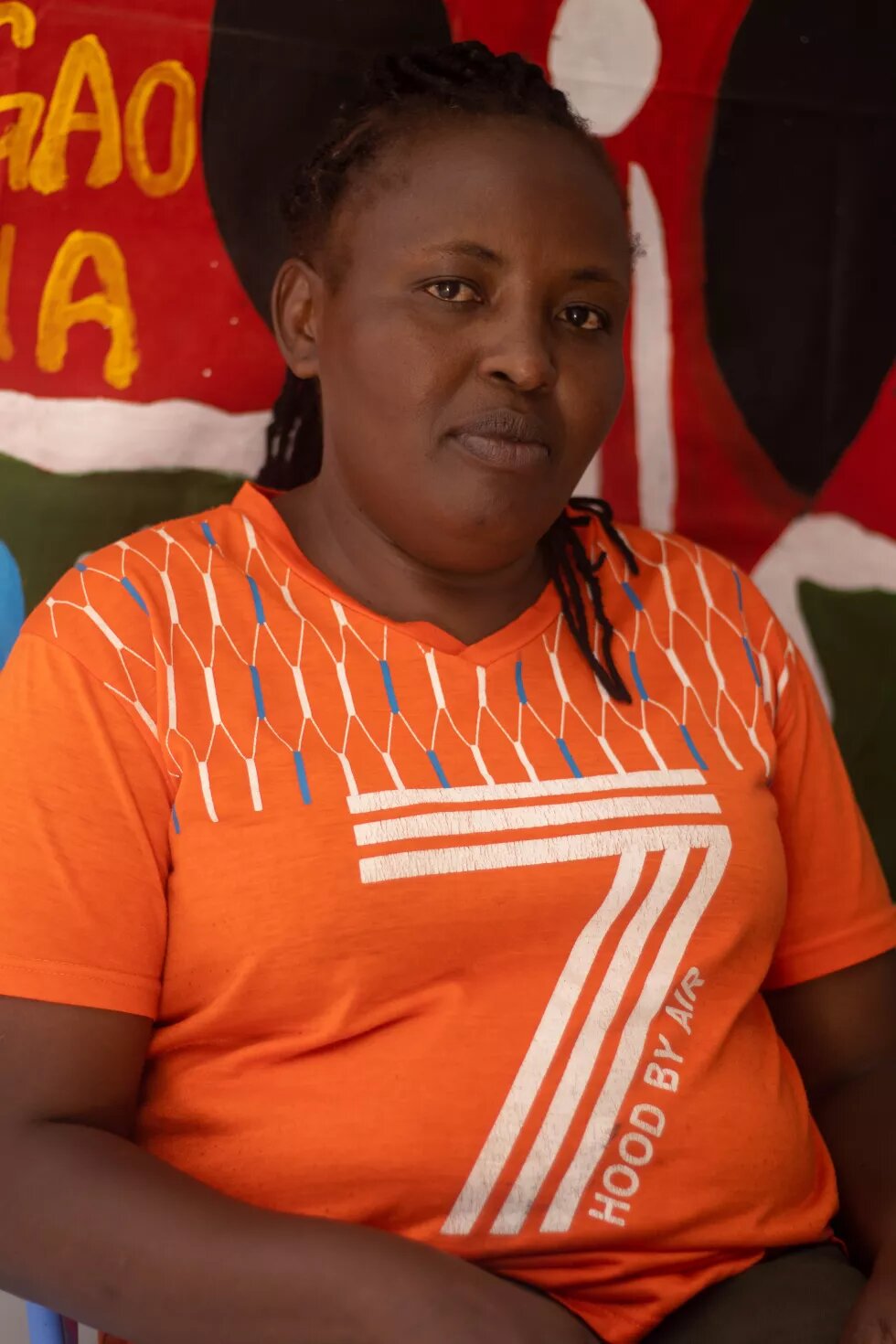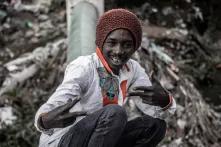
I live in Mathare North, Area 3. Water is in short supply here. Three days a week we have none at all. People use unregulated electricity lines. The rate of unemployment and crime is high. I live in a stone walled single room with an iron sheet roof. I live here because the houses are relatively cheap. I live with my child.
Paying rent is not easy because I don’t have a permanent employment contract. I do casual labour from time to time. We are coping through bringing youth groups together to create income out of garbage collection, to save money and build enough capital for small business.
In the 2007 post-election violence there were ethnic clashes so people from other ethnic communities had to leave after their houses were burned down by a fire. Some had to go back to rural areas. HIV infections rose, and there was an influx of alcohol abuse and broken homes.
Women have to worry about security, health and food for the children. They also have to move with these worries.
Food has become expensive. We eat one or two meals a day. Sometimes we have to leave dinner portions for the next day. Maize flour which is the main meal has become more expensive. When Covid struck women came together to create collectives to save and borrow money from the Women’s Fund to start small businesses.
There is no space for doing urban farming. Women and youth groups need training on how to maximize the limited space we have for do urban farming.


